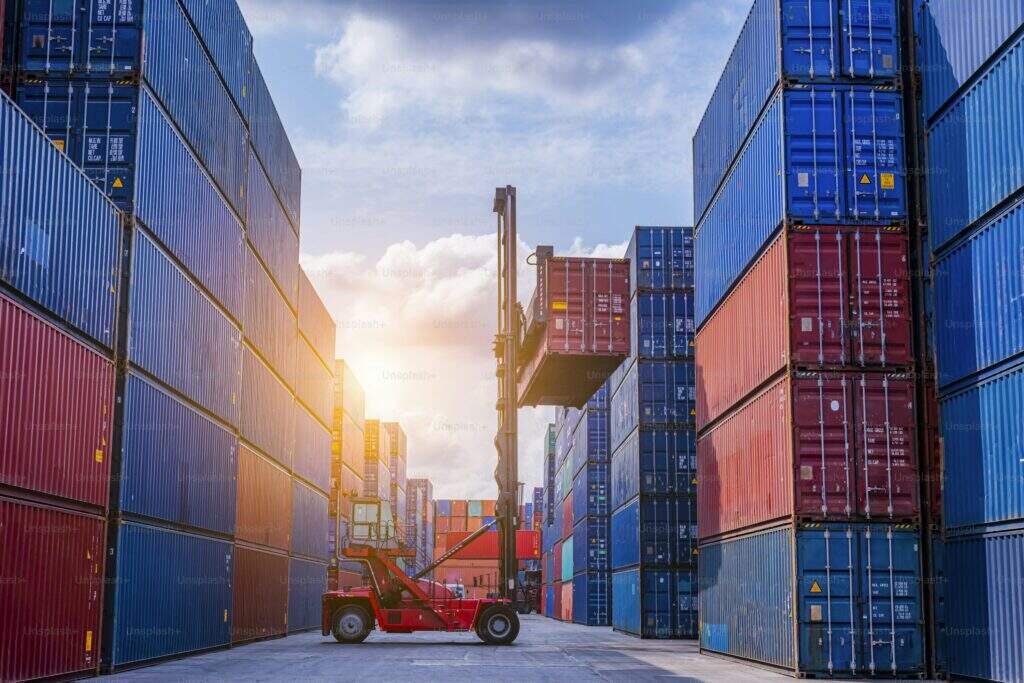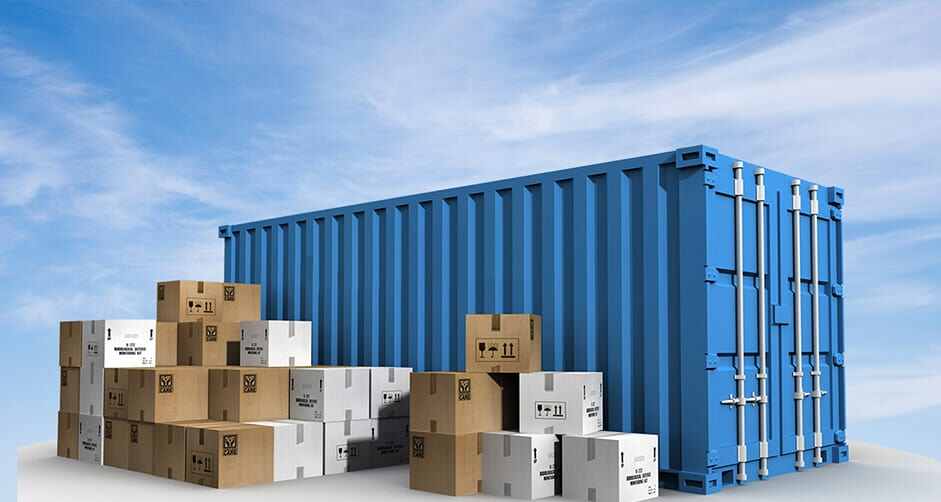import logistics
Import logistics encompasses the comprehensive management and coordination of goods movement from international suppliers to domestic destinations. This intricate process involves multiple components including customs clearance, freight forwarding, documentation handling, and warehouse management. Modern import logistics leverages advanced technological solutions such as real-time tracking systems, automated customs processing, and intelligent warehouse management systems to streamline operations. These systems integrate with Enterprise Resource Planning (ERP) platforms to provide end-to-end visibility and control over the import process. The application of artificial intelligence and machine learning algorithms helps optimize route planning, predict potential delays, and manage inventory levels effectively. Import logistics also includes crucial elements like quality control inspections, compliance monitoring, and risk management protocols to ensure smooth international trade operations. The system supports various transportation modes including sea, air, and land freight, with intermodal solutions that maximize efficiency and cost-effectiveness. Additionally, import logistics incorporates sophisticated documentation management systems that handle bills of lading, customs declarations, certificates of origin, and other essential trade documents. This comprehensive approach ensures regulatory compliance while maintaining operational efficiency throughout the import process.


